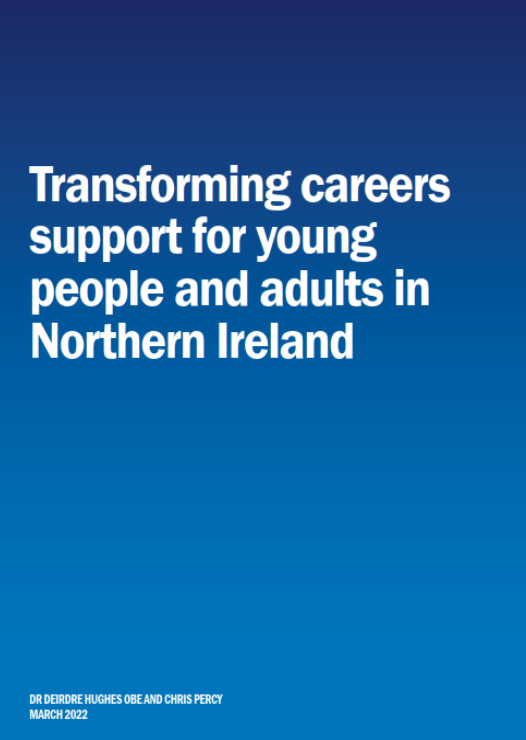INDEPENDENT REVIEW OF EDUCATION IN NORTHERN IRELAND – INTERIM REPORT

This review stems from a key commitment within New Decade, New Approach (NDNA) which set out priorities for the power-sharing NI Executive. The deal includes numerous commitments to address the ongoing challenges in Northern Ireland relating to public services, particularly in the health service, education, housing, justice, and a commitment to grow the economy. It also includes a welcome commitment to move back to multi-year budgets which would underpin a multi-year Programme for Government. The Terms of Reference (ToR) for the Independent Review of Education were agreed by the Northern Ireland Executive and presented to the Northern Ireland Assembly in December 2022.
The Panel’s work represents a fundamental review of the Northern Ireland education system with a focus on the quality, equity, and sustainability of the system. It is also an opportunity to agree on a vision for what a high-quality, innovative and inclusive education system will look like in the middle of the 21st century and how partners might work together to realise that vision – ensuring that education in Northern Ireland is internationally recognised as excellent. The ToR agreed for the Review make it clear that this vision should not be constrained by the existing policies and structures of education. The purpose of this Interim Report is primarily to provide an update on the work to date. It will outline:
The approach taken for evidence gathering
The principles for excellence in education
The major issues to be addressed in the Final Report
The Panel’s next steps.
The Independent Review of Education has identified 10 key issues where change is needed in the north’s fractured education system.
A final report is expected in the next six months, which is expected to adopt a time-scale of 20-plus years into the future. Among the concerns highlighted by the review panel are services and outcomes for children with special educational needs (SEN).
The panel, led by Dr Keir Bloomer, is carrying out a long-awaited review, which was agreed as part of the New Decade New Approach deal. It is examining issues such as academic selection, funding and under-achievement, and will provide a blueprint for how education could look in the 21st century.
Dr Bloomer said the review’s aim is to “offer a vision of what excellent education, at every level, might look like in the years leading up to the mid-century”.
“Our review will focus on curriculum and assessment, tackling disadvantage among all age-groups, providing improved services for very young children and learners with special educational needs, and making sure that education is properly resourced,” he said.
The panel has highlighted a number of priority issues that will be considered in more depth in its final report, including SEN services and outcomes.
“The interim report states that assessment and statementing processes are often unduly protracted,” he said.
“There is little evidence that the approaches adopted are as effective as society would wish. At the same time both the apparent incidence and the costs of SEN are rising exponentially in a manner that cannot be sustained.
“Discussion of educational reform often centres on issues of systems and structures.
“However, the quality of an education service ultimately depends on what is taught and on the quality of teaching. Curriculum, pedagogy, assessment and support for the professionals are, therefore, central to our current thinking.
“The Northern Ireland education system has many strengths, but also that it is facing a number of challenges.
“One major challenge is financial – it is clear to the panel that education in Northern Ireland is seriously underfunded. There are also areas where resources can be used better.”
Dr Bloomer added that services to children in the early years of life would also be a priority.
“The very earliest years are a period of intensive brain development. They offer a unique opportunity to improve future learning. All children stand to benefit but the impact on children from disadvantaged families can be transformative.
“The interim report sets out the work undertaken to date and the key themes that we have identified for further exploration and analysis. At this stage we do not offer solutions or recommendations.
“Further work is required to develop our thinking, analyse options and build support for delivery. Recommendations for change will be presented in our final report.”
